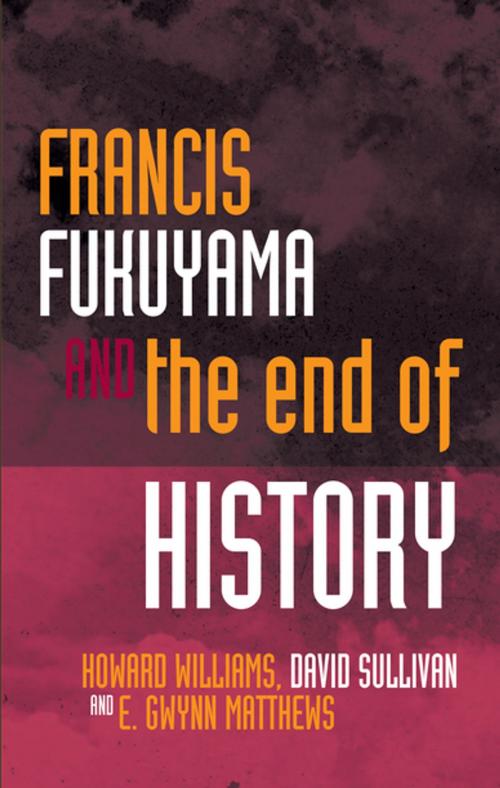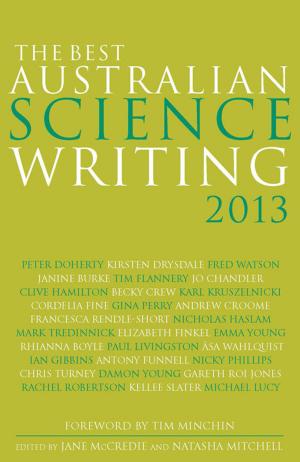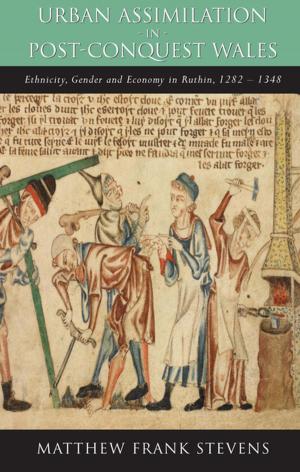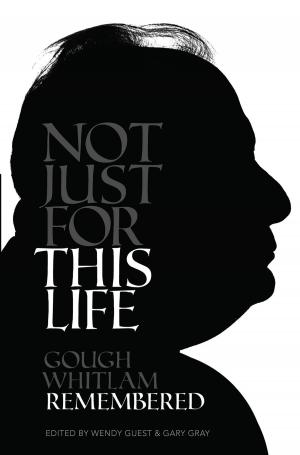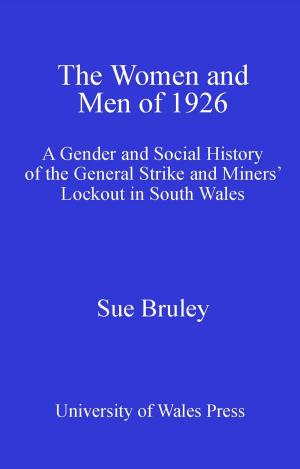Francis Fukuyama and the End of History
Nonfiction, Religion & Spirituality, Philosophy, Social & Cultural Studies, Political Science, History| Author: | Howard Williams, E Gwynn Matthews, David Sullivan | ISBN: | 9781783168781 |
| Publisher: | University of Wales Press | Publication: | July 20, 2016 |
| Imprint: | University of Wales Press | Language: | English |
| Author: | Howard Williams, E Gwynn Matthews, David Sullivan |
| ISBN: | 9781783168781 |
| Publisher: | University of Wales Press |
| Publication: | July 20, 2016 |
| Imprint: | University of Wales Press |
| Language: | English |
Fukuyama’s concept of the End of History has been one of the most widely debated theories of international politics since the end of the Cold War. This book discusses Fukuyama’s claim that liberal democracy alone is able to satisfy the human aspiration for freedom and dignity, and explores the way in which his thinking is part of a philosophical tradition which includes Kant, Hegel and Marx. Two new chapters in this second edition discuss the ways in which Fukuyama’s thinking has developed – they include his celebrated and controversial criticism of neoconservatism and his complex intellectual relationship to Samuel Huntington, whose Clash of Civilization thesis he rejects but whose notion of political decay is central to his more recent work. The authors here argue that Fukuyama’s continuing fundamental contributions to debates concerning the spread of democracy and threat of global terror mark him out as one of the most important thinkers of the twenty-first century.
Fukuyama’s concept of the End of History has been one of the most widely debated theories of international politics since the end of the Cold War. This book discusses Fukuyama’s claim that liberal democracy alone is able to satisfy the human aspiration for freedom and dignity, and explores the way in which his thinking is part of a philosophical tradition which includes Kant, Hegel and Marx. Two new chapters in this second edition discuss the ways in which Fukuyama’s thinking has developed – they include his celebrated and controversial criticism of neoconservatism and his complex intellectual relationship to Samuel Huntington, whose Clash of Civilization thesis he rejects but whose notion of political decay is central to his more recent work. The authors here argue that Fukuyama’s continuing fundamental contributions to debates concerning the spread of democracy and threat of global terror mark him out as one of the most important thinkers of the twenty-first century.
